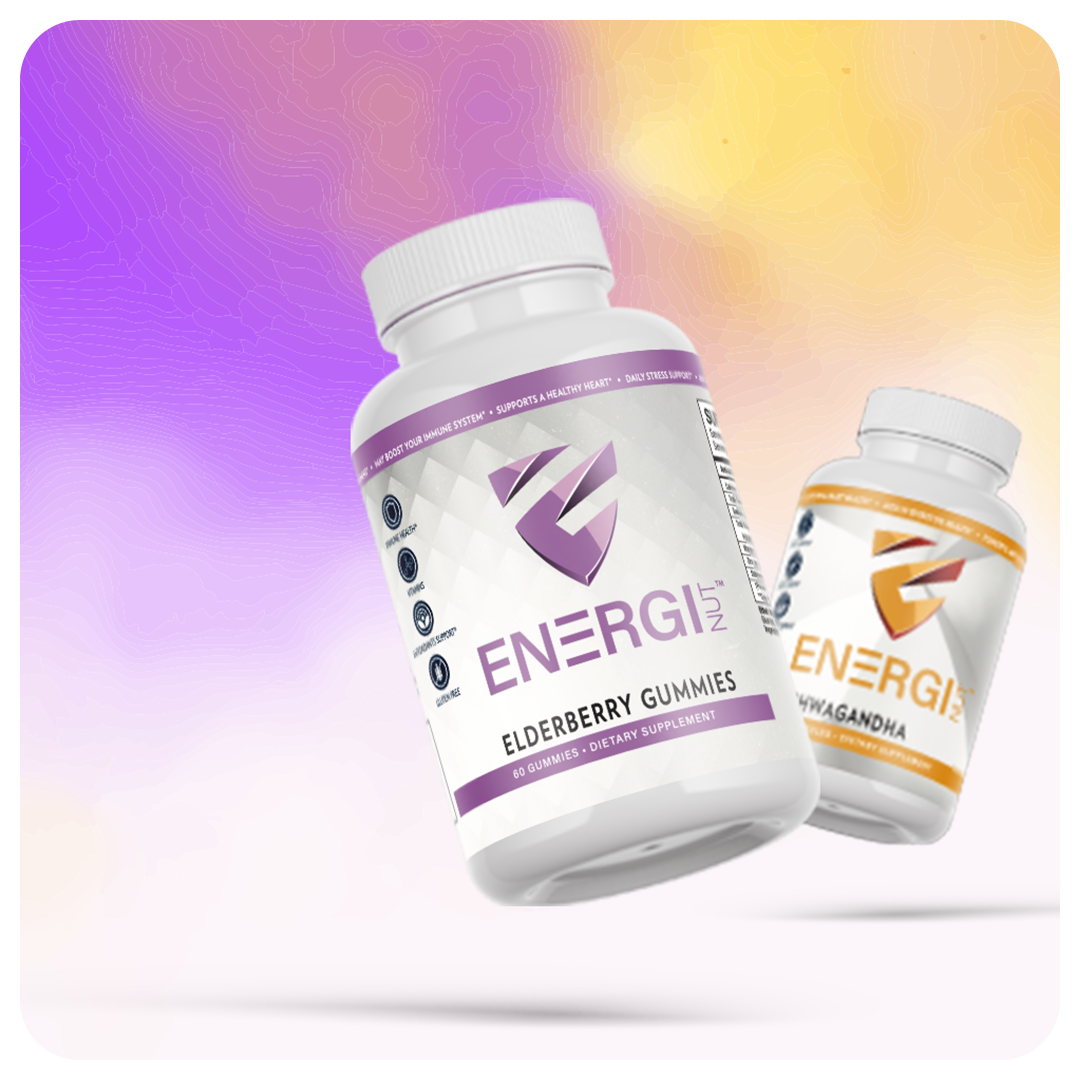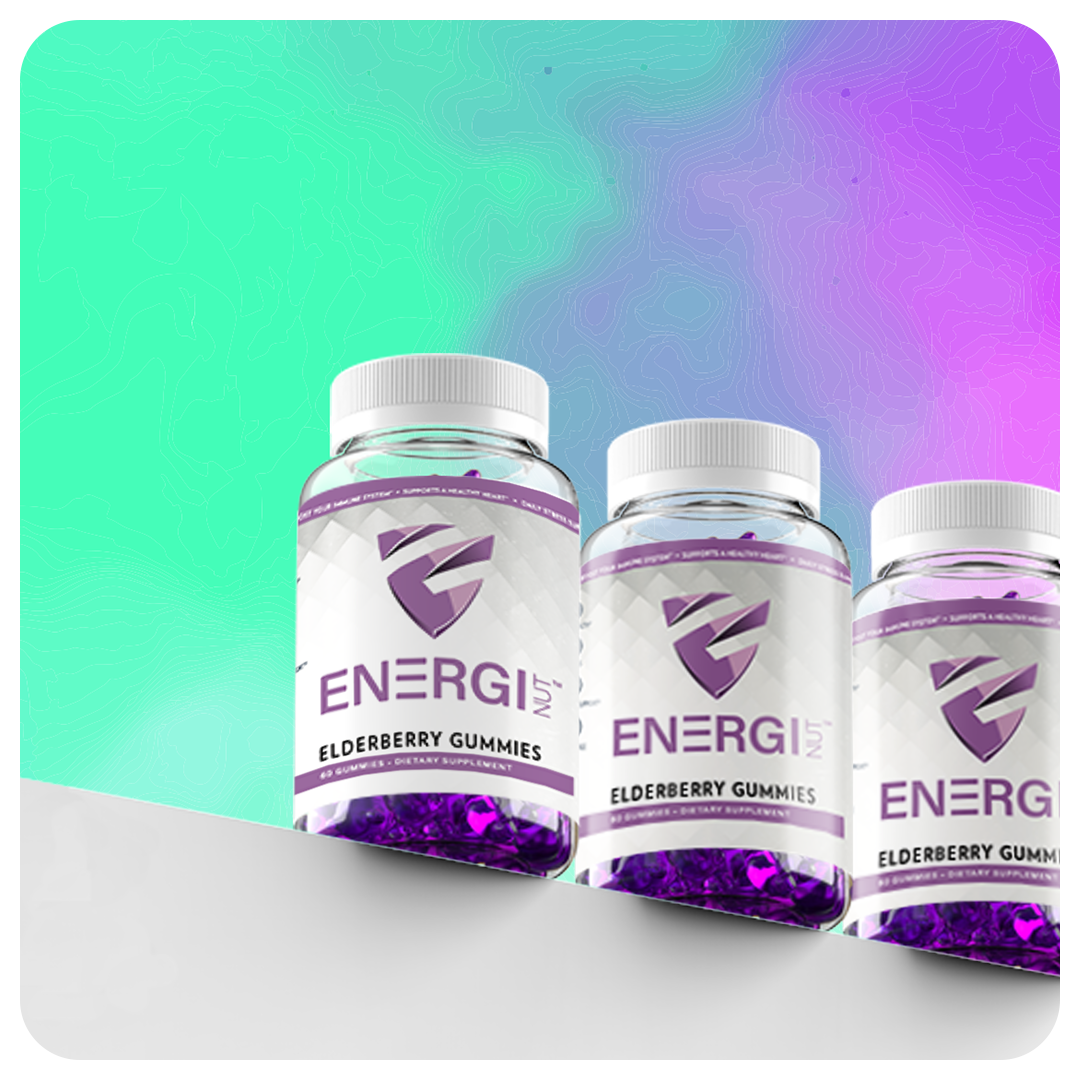Are Supplements a Waste of Money?

Every year, Americans spend over $50 billion on vitamins, minerals, herbs, and other dietary supplements.
From fitness enthusiasts to busy professionals, supplements promise better health, more energy, and longer life.
But do they live up to the hype?
Or are many supplements a waste of your hard-earned money?
In this article, based on scientific studies, medical expert opinions, and real experiences, we'll uncover the real truth about supplements — when they work, when they don't, and how you can make smart choices.
Why Supplements Became So Popular
Supplements are everywhere. Walk into any grocery store or pharmacy, and you will see rows of bottles offering solutions for better sleep, stronger bones, sharper memory, and more energy.
Many people turn to supplements because they believe their diet alone cannot meet all their nutritional needs. Others take them to improve athletic performance, boost immunity, or slow down aging.
The truth is, marketing plays a big role in making supplements popular. Companies spend millions on advertising, using influencers, celebrity endorsements, and bold health claims. It's easy to believe that one pill a day can solve your health problems.
But what does science really say?

What Research Shows About Supplements
Many studies have found that for healthy adults, most vitamin and mineral supplements do not provide clear benefits. For example, a large study published in the Journal of the American College of Cardiology found that multivitamins, Vitamin D, calcium, and Vitamin C did not reduce the risk of heart disease, stroke, or early death.
Another study published in Annals of Internal Medicine reviewed dozens of clinical trials and concluded that most supplements have little or no impact on preventing chronic diseases.
In simple words:
If you are already healthy and eating a balanced diet, taking extra supplements may not make you even healthier.
When Supplements Are Essential?
Supplements are not always a waste of money. In some cases, they are very important for your health. Sometimes, your body needs extra help to get the right nutrients, even if you eat well.
- For example, people who follow a vegan diet usually do not get enough Vitamin B12, because this vitamin mainly comes from animal foods. Taking a Vitamin B12 supplement is necessary to avoid serious nerve problems.
- Another common example is iron. People who have iron-deficiency anemia often feel tired, weak, and short of breath. Iron supplements can help them rebuild healthy blood levels and feel better again.
- Pregnant women also need extra folic acid. It helps protect their babies from birth defects in the brain and spine. Doctors recommend that all women who are planning to have a baby should start taking folic acid supplements even before pregnancy.
- Older adults may need Vitamin D supplements. As we age, our bodies become less able to produce enough Vitamin D from sunlight. Low Vitamin D levels can lead to weaker bones and a higher risk of falls and fractures.
- People with osteoporosis, a condition where bones become thin and fragile, are often advised to take calcium and Vitamin D supplements. These nutrients help keep their bones stronger for longer.
In all these cases, supplements are not just helpful — they are necessary to support good health and prevent serious problems.
Common Problems with Supplements
One major issue with supplements is that they are not regulated as strictly as prescription drugs. This means the quality, purity, and strength of supplements can vary a lot between brands.
Some supplements may not contain what they claim. Worse, some may even have hidden ingredients or contaminants that could harm your health.
Another problem is self-diagnosis. Many people take supplements based on advice from friends, social media, or advertisements, without speaking to a doctor. This can lead to taking the wrong supplements, taking too much, or ignoring real medical conditions that need proper treatment.
Also, more is not always better. Some vitamins, like Vitamin A, Vitamin D, and iron, can be toxic if taken in high doses over time.
How to Make Smart Choices About Supplements
Before taking any supplement, it is important to ask yourself a few key questions:
-
Do I have a real deficiency or health condition that needs it?
-
Has a qualified doctor or dietitian recommended it?
-
Is the brand trustworthy and tested for quality and safety?
-
Am I using it to support my health, not replace healthy eating habits?
Choosing supplements should always be a thoughtful decision, not a quick fix. It’s best to get most of your nutrients from real food whenever possible — fruits, vegetables, whole grains, lean proteins, and healthy fats.
Supplements should fill in small gaps, not become the foundation of your health strategy.

Final Thoughts
Supplements can be helpful in certain situations, but they are not magic pills. Most healthy people do not need a long list of daily vitamins if they eat a well-balanced diet.
Spending hundreds of dollars every year on unnecessary supplements might not only be a waste of money, but it could also distract you from the real keys to good health: eating nutritious foods, exercising regularly, getting enough sleep, and managing stress.
Before you spend your money on the latest trending supplement, take a step back. Ask yourself:
"Is this something my body truly needs?"
Your best investment is in proven, long-term habits — not promises in a pill.


